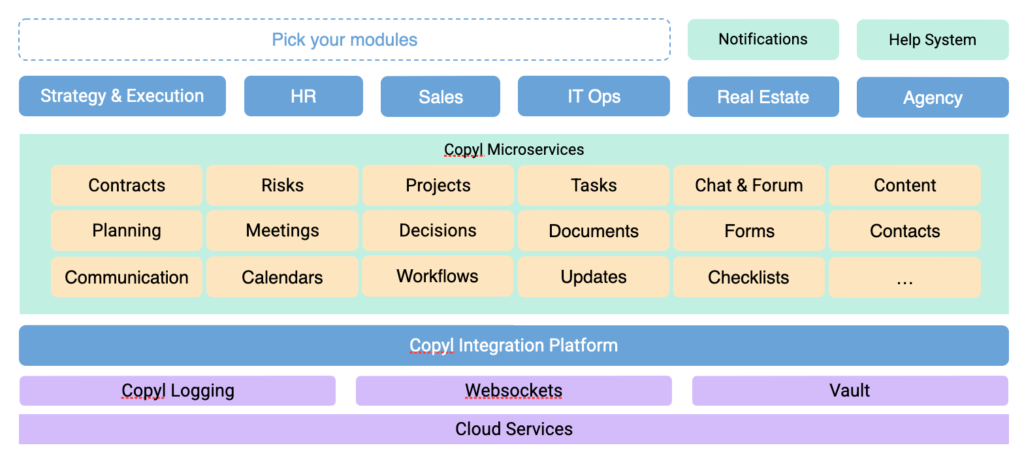Definition of Integration Platform as a Service (IPaaS)
IPaaS, or Integration Platform as a Service, is a type of cloud-based platform that provides tools and services for building, deploying, and managing integrations between various software applications and data sources.
The goal of IPaaS is to make it easier for organizations to connect and integrate different systems and applications, both within their own infrastructure and with external platforms and services. This can help organizations streamline their operations, reduce manual effort, and improve the flow of information between different parts of the business.
IPaaS typically includes a range of features, such as connectors to various applications and data sources, a graphical user interface for designing and building integrations, and tools for scheduling, monitoring, and troubleshooting integrations. Some IPaaS solutions also provide additional capabilities, such as data mapping, transformation, and cleansing tools, as well as support for custom code development and deployment.
There are a large number of IPaaS platforms available in the market, each offering a range of tools and services for building, deploying, and managing integrations. Some examples of popular IPaaS platforms include:
- MuleSoft Anypoint Platform
- Dell Boomi AtomSphere
- Microsoft Azure Integration Services
- SAP Cloud Platform Integration
- Informatica Cloud Integration
- Jitterbit Harmony
- SnapLogic
- Copyl Integration Platform (CIP)
- Talend Cloud Integration Platform
- Google Cloud Integration Platform
These are just a few examples, and there are many other IPaaS platforms available as well. It’s worth noting that the features and capabilities of different IPaaS platforms can vary significantly, so it’s important to carefully evaluate the specific needs of your organization and choose a platform that is well-suited to your requirements.
How can IPaaS support Event-Driven Architecture?
IPaaS, or Integration Platform as a Service, is a cloud-based platform that provides a set of tools and services for building, deploying, and managing integrations between different applications and systems. It allows organizations to connect their various applications and data sources, automate business processes, and exchange data between them in a seamless and efficient manner.
On the other hand, an event-driven architecture is a design pattern that focuses on the production, detection, and consumption of events. In an event-driven architecture, a system is designed to trigger certain actions or processes in response to events that occur within the system or from external sources. An event can be anything from a user clicking a button in a web application, to a sensor detecting a change in temperature, to a message being sent over a messaging system.
In summary, IPaaS is a platform that helps organizations integrate different applications and systems, while event-driven architecture is a design pattern that allows a system to respond to events and trigger actions or processes in response to them. These two concepts are not necessarily mutually exclusive and can be used together in the design and implementation of a software system.
Does Copyl Integration Platform support Event-Driven Architecture?
Yes, Copyl’s integration platform (CIP) supports Event-Driven Architecture (EDA) by letting the different applications report events that triggers actions on other applications.
Copyl is an API Integration Platform that connects your different API:s, listen to events and data changes (Data Integration Platform) and starts integrations automatically or on schedule when network traffic is low.

